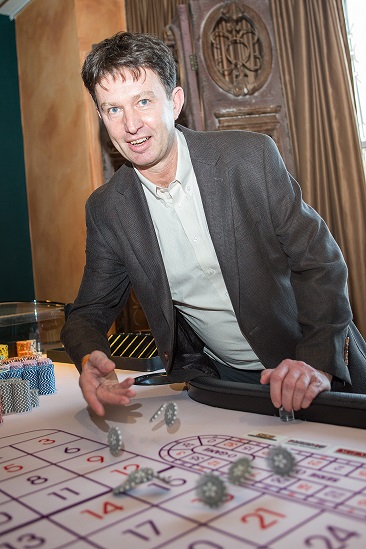Peter White chats to Laurent Lassiaz, Managing Director, Groupe JOA
Groupe JOA has just announced the commencement of the installation of the biggest slot machine in the world. Can you explain to readers the details of this exclusive deal with Aristocrat?
It’s partly attributable to the strategy we set something like ten years ago, when we began an ambition of changing peoples’ minds on casinos – to try and stand out as being different.
When we talk about the ambition of JOA Group, as we’re the third largest group in France, it’s not to climb a step and tomorrow be number two, and then number one on the French market. Our ambition is quite different; our ambition is really to be a positive brand; to change peoples’ minds about casinos. To do so, we concentrate a lot on innovation, particularly the slot machines because for most customers, including non-gamers, slot machines are seen as a very traditional type of game and for us it is very important to be able to say to the public that even on a traditional game, we can be very innovative. On that basis we keep searching among all the suppliers for which type of games can be evidence of how we are searching for innovative products. It so happens that for the second year in a row, we have made an exclusive deal with Aristocrat. This follows on from the deal we made last year for the Game of Thrones branded machines that we also bought from Aristocrat.
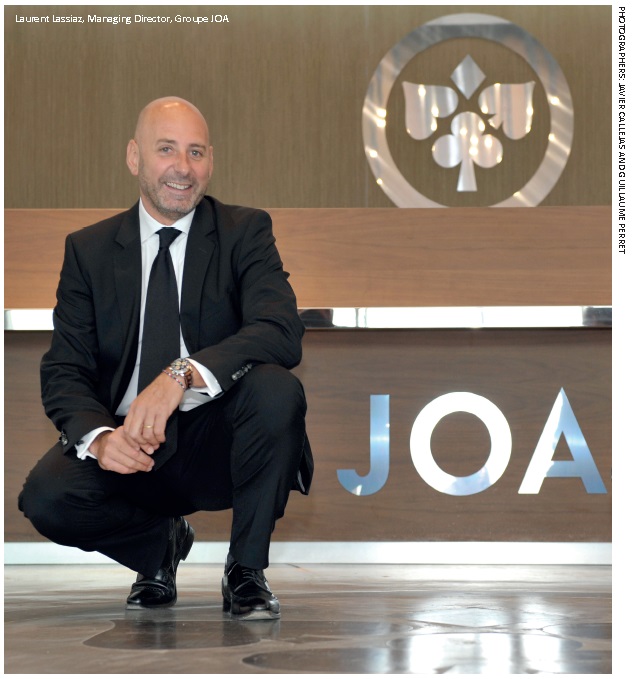
So you reviewed other machines but for various reasons, it was the visual impact and the game quality of the Aristocrat machine that made it stand out?
When we looked for slots innovation initially, we started with research in Las Vegas during G2E with a view to having installation live in January the following year. What is changing now is that there is a chance for the suppliers to come to JOA and say: “Listen guys, we have an innovative product, it’s a brand new product that we haven’t tested yet, would you be OK to take it because you are more innovative than the market that you are in? You have some very specific locations, you have some very specific designs and layouts, so we’d like to test our product in your premises”. This is a new approach - in the past we were looking for new suppliers, looking for new games and now it’s reverse: manufacturers are coming to us with innovative products. But to answer your question, basically, we’ve done the rollout to 100 percent of the 22 casinos to have the machines in place by the end of the year. So in December we’ve been able, with Aristocrat, to deploy this Sons of Anarchy machine on all of our casinos.
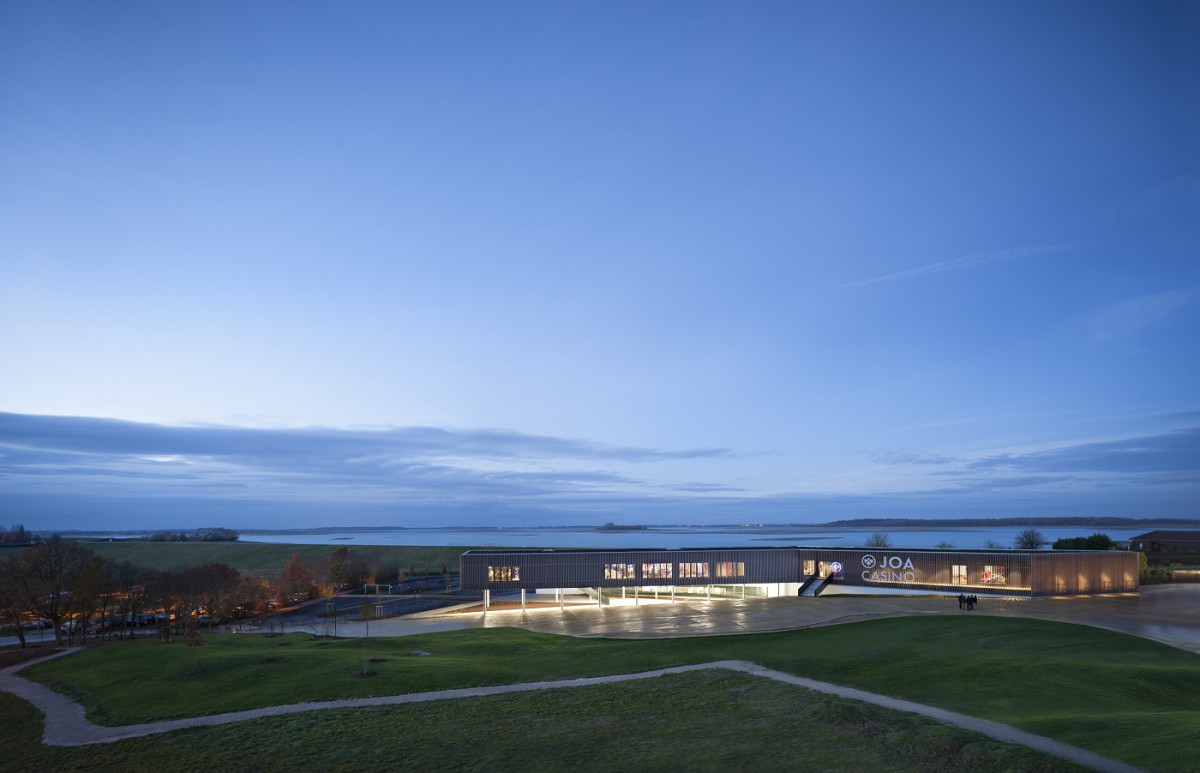
Casino JOA Lac du Der - crédit photo Javier Callejas
That’s quite an achievement! And you did the samelast year with Game of Thrones?
Yes, we did the same thing last year with Game of Thrones. We installed those games in one month in all the JOA casinos. The statistics you published on Game of Thrones suggest that this type of strategy works well with your clientele.
Yes, we use these types of products to tell a large customer base that even on slots we can have innovation; it’s very important to be able to attract new customers and create new customer segmentation. So we’re used to success with Game of Thrones. As soon as we put them on the floors they were the biggest game on the French market. This year, when we signed with Aristocrat to distribute Sons of Anarchy, we installed even bigger slot machines and now we are already working on other products for next year that will be even more innovative. For example, games that are played on a two-customer seat where playing a slot machine can be something you can do with a friend, with your wife, with other customers. It’s not just a game for people who play alone.
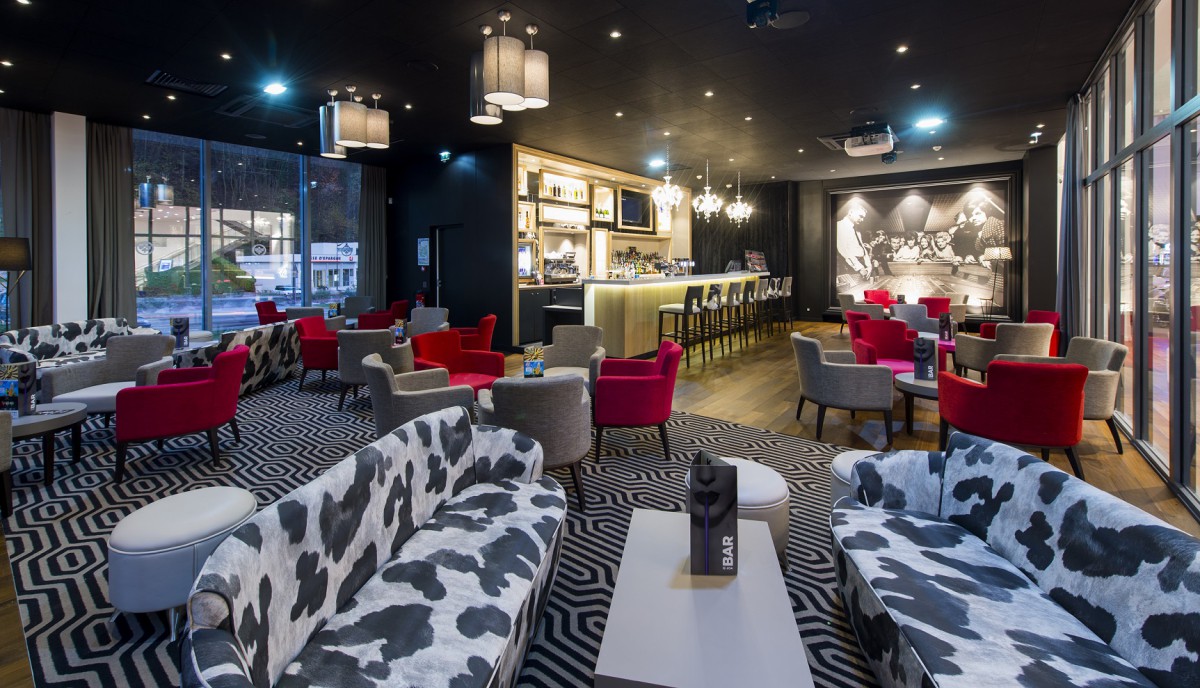
Casino JOA Uriage
It’s good that suppliers are taking part in your ambitions. We’re aware that many help operators to develop slot competitions. Is this of interest to JOA?
We have to be careful with slot competitions, because sometimes they don’t promote a positive image of the industry. If you look at some slot tournaments the objective of the customer is to hit the button as much as possible and sometimes it gets a little crazy. So it does not always give a nice image of the slot customer, [unlike] interactive games, when you can play on a very big screen with other people. It’s a different kind of positive effect.
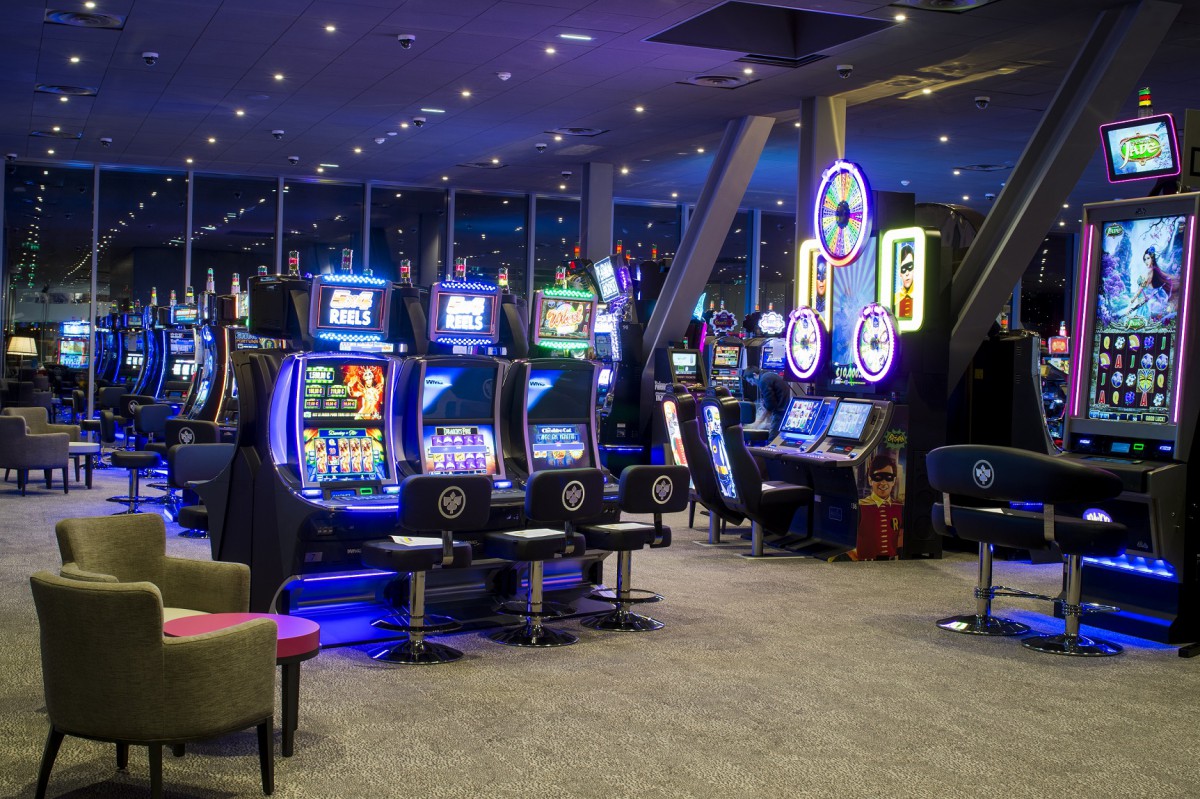
Casino JOA of La Seyne-sur-Mer
You must be very pleased with gaining this exclusive European deal with Aristocrat?
Frankly speaking, it’s just a slot. It’s just more weight, more size. Basically, you plug and play. You need two people to move it or three people, but it’s not much more complicated than that. What is specific to JOA is that when we do that [install a TV-themed slot], for example, we manage to design a huge event in each of the 22 casinos. Beside the fact that we put in a huge machine, beside the fact that the local press is coming, it’s a big event for the casino and a key event to attract new customers to the place.
We’ve done some special events with suppliers where the dress code of the team was totally changed: from the security staff to the customer-service team, they were all dressed like someone from the TV series, to basically transform the simple event into a “happening.” For us it’s about the product, but it’s also an excuse to promote events around the theme of the machine. It’s very important because, if you can do that, you can dispel the view that people who play slots are usually a lady aged between 50 and 70. Through these events we can attract some younger customers — usually more male than female. It’s very important for us because it’s how we enlarge the customer base of our casinos and we can really see that in the figures. We can see that, from year to year, we are able to rejuvenate the database of JOA Group.
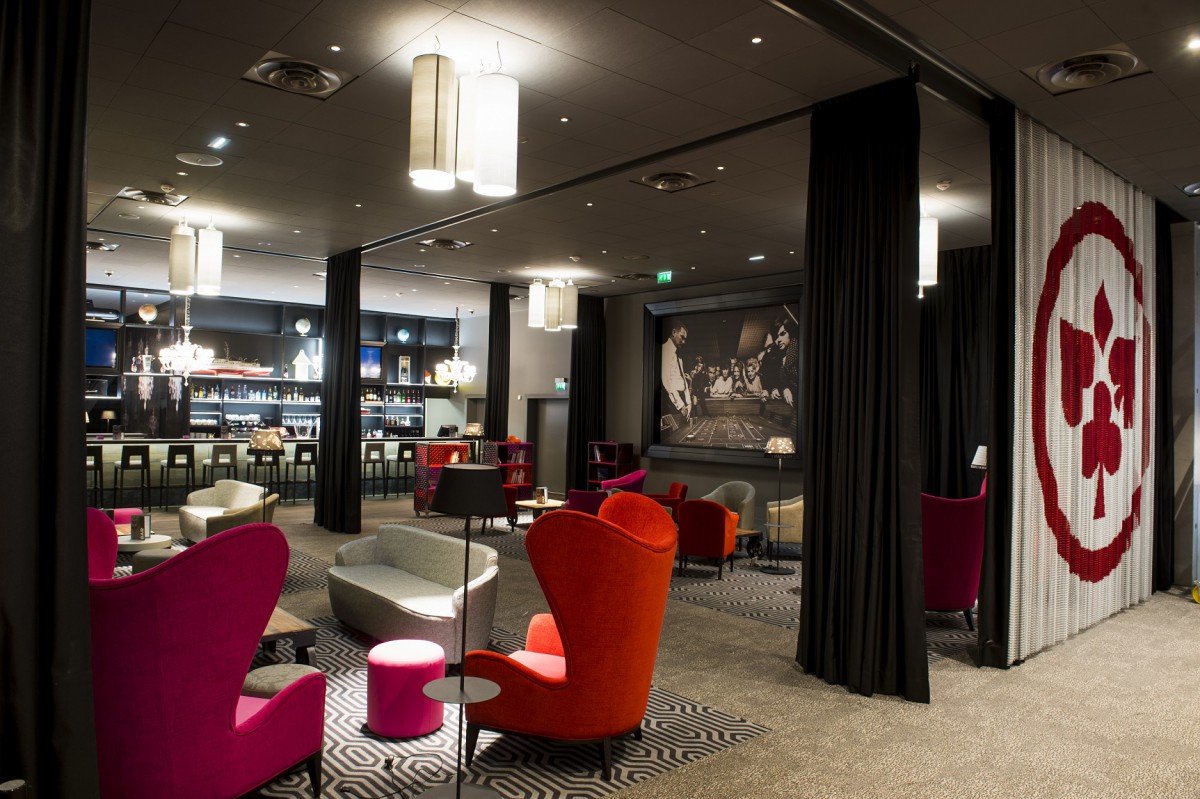
JOA of La Seyne-sur-Mer
It’s such a kind of common-sense thing to do, but a lot of casinos don’t do that. They won’t do any marketing like you’re doing. They’ll just rip out and replace. It’s an accountancy process, if you know what I mean. It’s a balance sheet: ‘These machines need refurbishing, these ones need replacing.’ I guess in marketing the event, you incorporate social media as well, so you can reach Millennials.
Exactly, exactly! You reach young people who are not thinking about the casino as a destination. By staging themed events we can attract them.
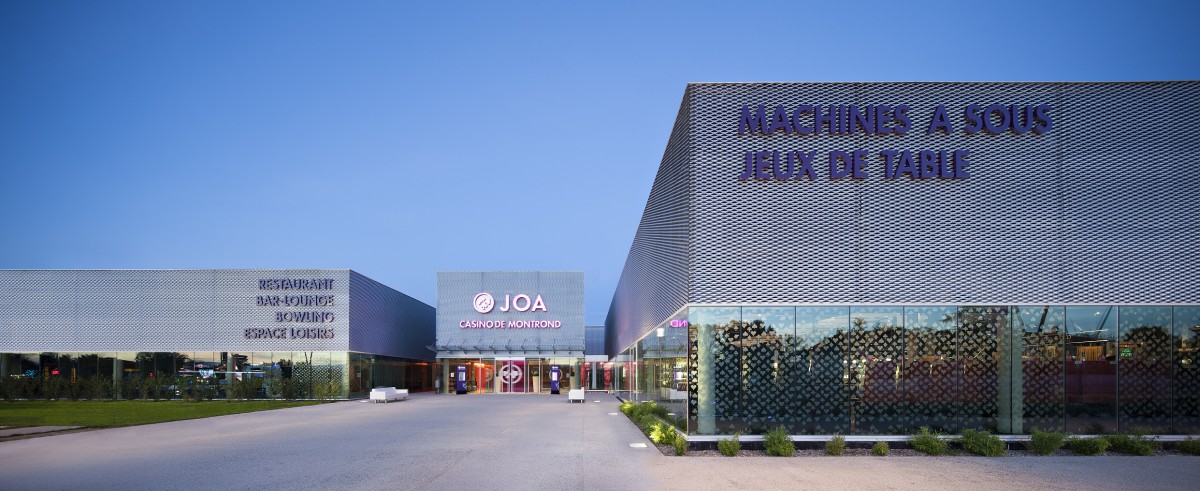
Electronic gaming seems to be taking a major percentage of the investment revenue this year with the recent announcement that some 50 percent of JOA investment will be in slots this year. So do you consider this electronic-gaming market is where JOA Group sees its biggest returns in the years ahead?
If you look at JOA as a group it’s right to say that we invest 50 percent of our capex into the new-technology type of machines. The reason we do so, as an example the deal we have taken with Aristocrat, it’s the way for us to put in some new games, attract some new customers and we did the same with electronic roulette, two years ago. We were the first ones to identify electronic roulette as a key driver to attract some new customers and some younger customers. We invested a lot on electronic roulette, and on electronic blackjack as well, to be sure that the game was agreed on the French market, and we made sure we had all the 22 casinos equipped with the electronic roulette.
This strategy is very important for us because it’s a way to be able to enlarge the customer base, draw in some new customers and move some of them into some other games, such as traditional games. If you look to the industry just before the economic crisis and the smoking ban, basically the industry was making money on slots and losing money on table games and non-gaming [amenities]. Today, by changing the business model of JOA, for example, we are able to make money out of all of those activities, because thanks to the electronic roulette we’ve been able to recruit some younger customers and we see them move into traditional table games — and so we are now making money out of the traditional game as well.
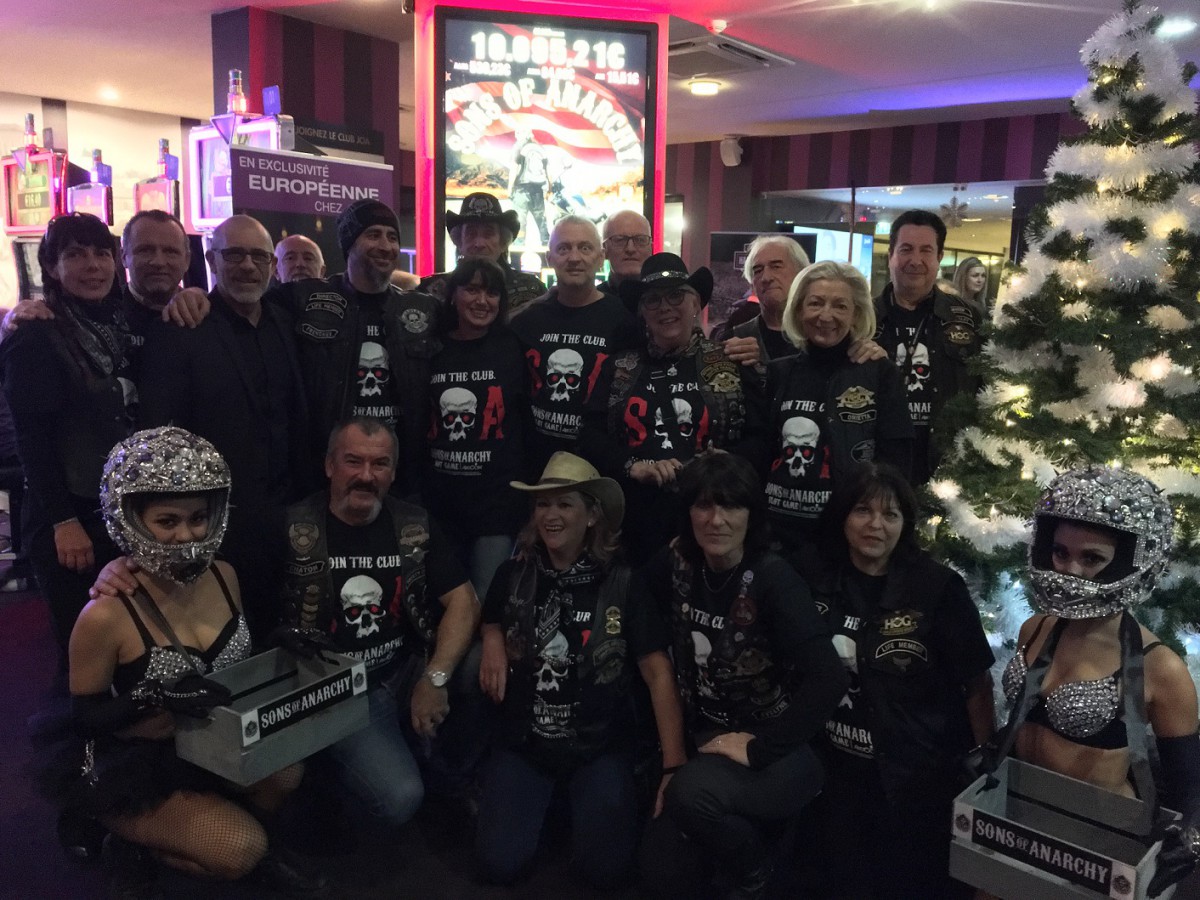
Installation Of Sons of Anarchy - Casino JOA La Siesta
This is not by accident – it’s due to the strategy of JOA, which is to enlarge the non-gaming activities on the casino floor, to use them as an attractive tool to attract a new customer base, we are also able to make money out of the non-gaming activities. And that’s very important, because whilst some casinos are spending marketing funds to attract customers just focusing on slots or just focusing on gaming, we are also investing on non-gaming activities to enlarge the offer, to fine-tune the offer, to train the people, to ensure we’ve some nice restaurants, with some nice bars, with some nice bowling, with some nice cinemas, with some nice beach, with some nice discos. With those activities we can attract customers who never thought about a casino as a destination. By doing so, we can add them to our database and make sure that we have a product for them. That’s very key for Groupe JOA and I believe it’s the key point that can explain the result of JOA, which for the second year in a row is outperforming the French market.
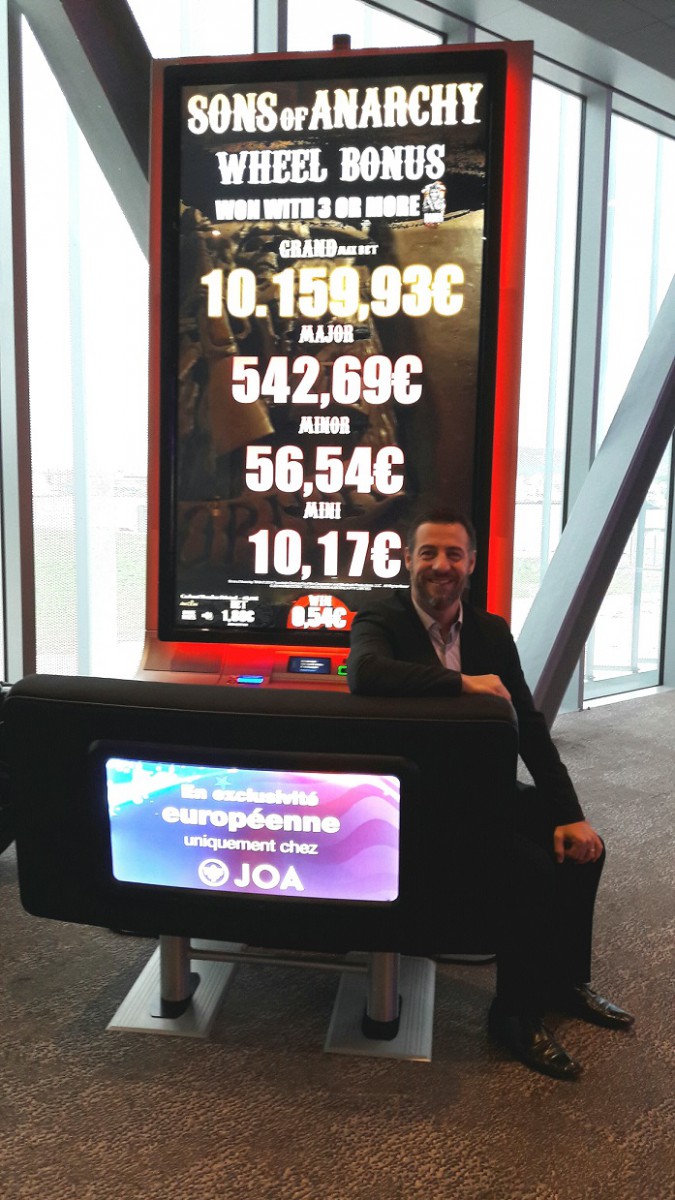
What are your thoughts on augmented-reality or virtual-reality technology? Is it something that you are interested in as a potential casino offering? Or do you think the hype is overblown?
It’s something we have to keep a close eye on because it’s going to be part of the future of activities we are likely to see. For example, we already have a sports-betting platform. Being part of the game with such equipment is a new experience. The challenge of the casino industry is to be able to attract some younger customers. Frankly speaking, all the technology which is coming to the market now would be a great tool to keep bringing the level of younger customers into the database and also to make them loyal to the brand. It is definitely for a great part of the young generation, rather than old people. It’s still a bit scary for the older generation and they still have some doubts about it.
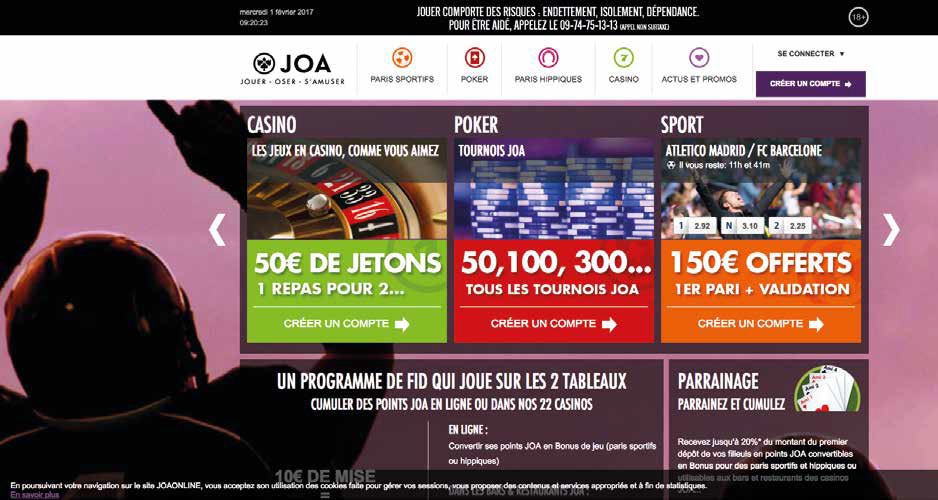
You mention sports betting – how does that sit in the JOA offering?
Sports betting is something much, much bigger in the U.K. than we have in France yet. We started from a very low level of activities. So for us, we use sports betting as a marketing tool to touch some different customers. It’s an on-and-off strategy but basically we use sports betting to target some young, male customers, keen on sports. When we have them we are able to make money out of all of those activities, because thanks to the electronic roulette we’ve been able to recruit some younger customers and we see them move into traditional table games — and so we are now making money out of the traditional game as well.
This is not by accident – it’s due to the strategy of JOA, which is to enlarge the non-gaming activities on the casino floor, to use them as an attractive tool to attract a new customer base, we are also able to make money out of the non-gaming activities. And that’s very important, because whilst some casinos are spending marketing funds to attract customers just focusing on slots or just focusing on gaming, we are also investing on non-gaming activities to enlarge the offer, to fine-tune the offer, to train the people, to ensure we’ve some nice restaurants, with some nice bars, with some nice bowling, with some nice cinemas, with some nice beach, with some nice discos. With those activities we can attract customers who never thought about a casino as a destination. By doing so, we can add them to our database and make sure that we have a product for them. That’s very key for Groupe JOA and I believe it’s the key point that can explain the result of JOA, which for the second year in a row is outperforming the French market.
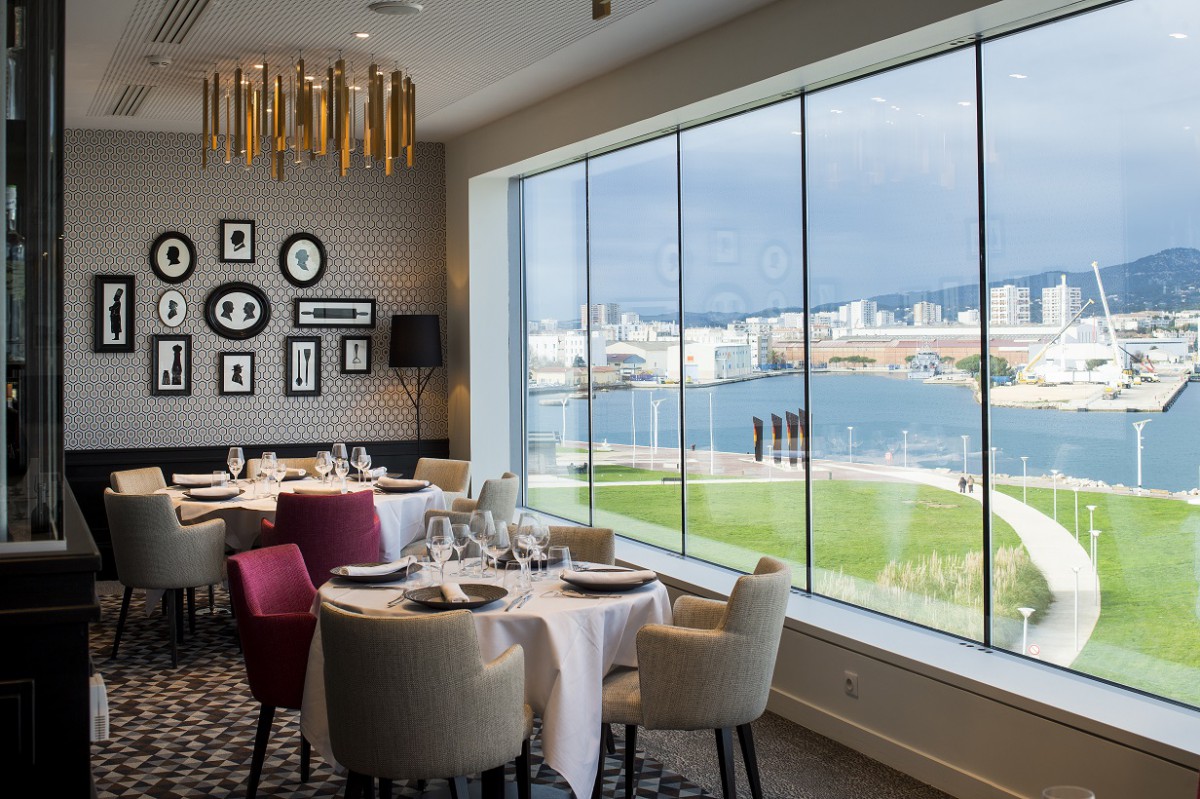
Casino JOA of La Seyne-sur-Mer
What are your thoughts on augmented-reality or virtual-reality technology? Is it something that you are interested in as a potential casino offering? Or do you think the hype is overblown?
It’s something we have to keep a close eye on because it’s going to be part of the future of activities we are likely to see. For example, we already have a sports-betting platform. Being part of the game with such equipment is a new experience. The challenge of the casino industry is to be able to attract some younger customers. Frankly speaking, all the technology which is coming to the market now would be a great tool to keep bringing the level of younger customers into the database and also to make them loyal to the brand. It is definitely for a great part of the young generation, rather than old people. It’s still a bit scary for the older generation and they still have some doubts about it.
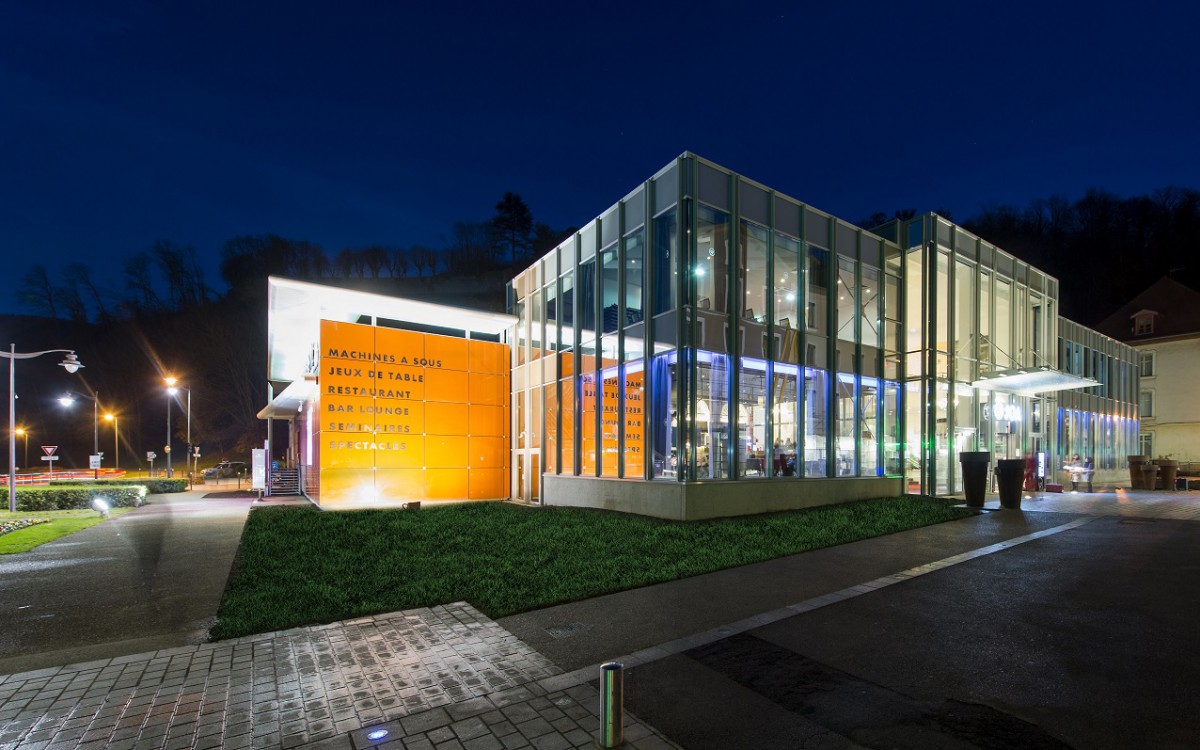
Casino JOA of Uriage
You mention sports betting – how does that sit in the JOA offering?
Sports betting is something much, much bigger in the U.K. than we have in France yet. We started from a very low level of activities. So for us, we use sports betting as a marketing tool to touch some different customers. It’s an on-and-off strategy but basically, we use sports betting to target some young, male customers, keen on sports. When we have them playing on the betting platform then we can make sure we can promote them some product from the brick-and-mortar casinos. And we use the brick-and-mortar casinos to attract and recruit some new sports bettors. Basically, we recruit people online and then we send them some offline experiences and vice versa. When they get points playing on a certain machine, they can use their points to turn them into real points, to bet on Manchester United, for example. When the market opened in 2010, Groupe Barriere had a platform, but they closed it.
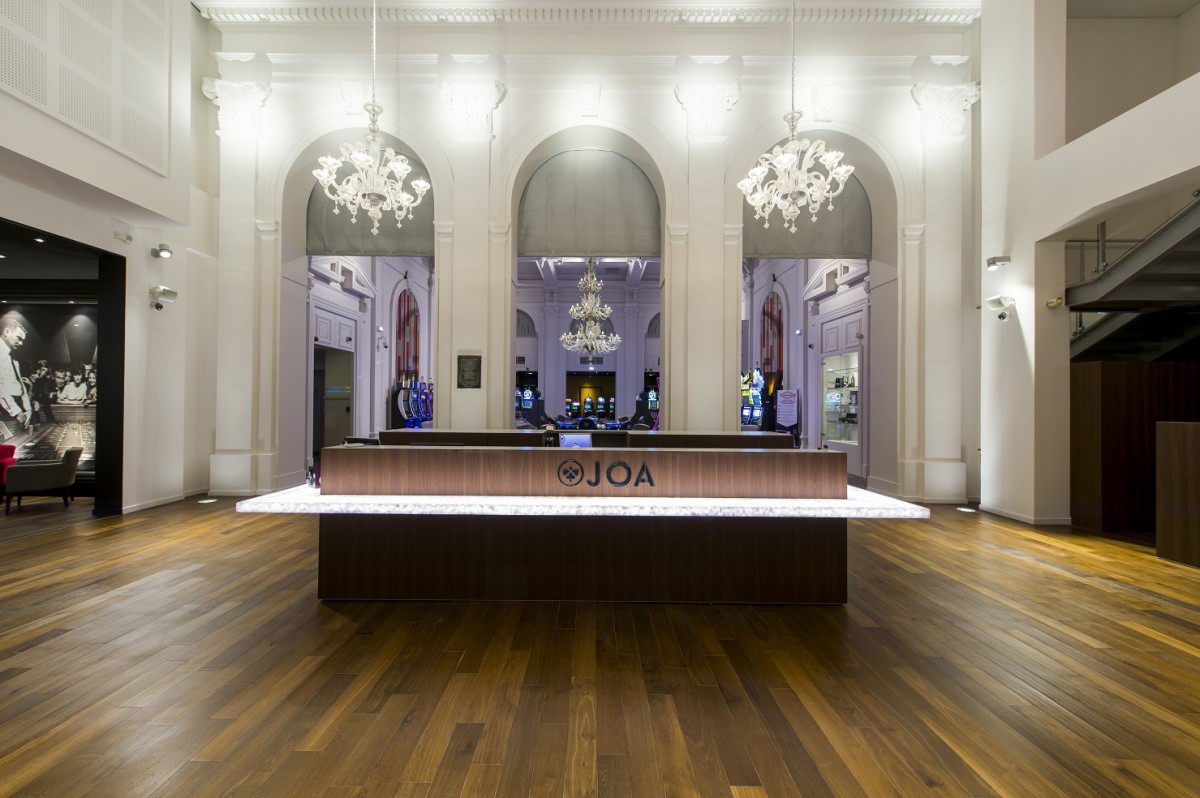
Casino JOA Uriage
With tax at such a high level what are your hopes and wishes for the new French government? What principal factors will drive the way casinos change in the future?
It’s right to say the politician doesn’t understand the industry. It’s really interesting when a politician takes the time to understand the industry and then changes his mind – but that is rare. It gets noticed because it’s a very specific type of industry but if you make the effort and push the door, you discover an industry which is not exclusively about gambling … because if you look at our new-generation casinos, you will discover that more than half of the surface is devoted to non-gaming. Then you discover that the casino is used by people to go and have fun, to meet, to get married, to organize a special event for a company, to watch a football game.
Of course you can do some gaming but casinos are not only dedicated for gamers. If you look at JOA Group, more than 50 percent of the employees are not working for gaming now, they are working for leisure. It’s important that politicians understand the business model, understand the contribution of the casino industry to the economy, not just tax but also the employment and the way we add to people’s lives. So if the city doesn’t have a casino, it’s minus restaurants, it’s minus staff, it’s minus cinemas.
When a politician does make the effort of trying to understand, it really does change his mind on the industry. I think we should be even more transparent to help them understand what is the industry. By trying to hide things, we leave room for rumours, for interpretation and clearly it is our interest to be far as possible transparent. We have to fight against the image that the industry has on most of the population and I think being more transparent can help. Even on tax, the French market is potentially the highest market in the European Market in terms of tax. So what? When you start investing in this market you know the rule. You know that its is a 55 percent tax-level market but it’s clear and you know it’s part of the game to build a casino where 55 percent is going to go to the state. The game is clear and you have to know the rules before investing. Of course it’s a high level of tax but at least it’s stable.
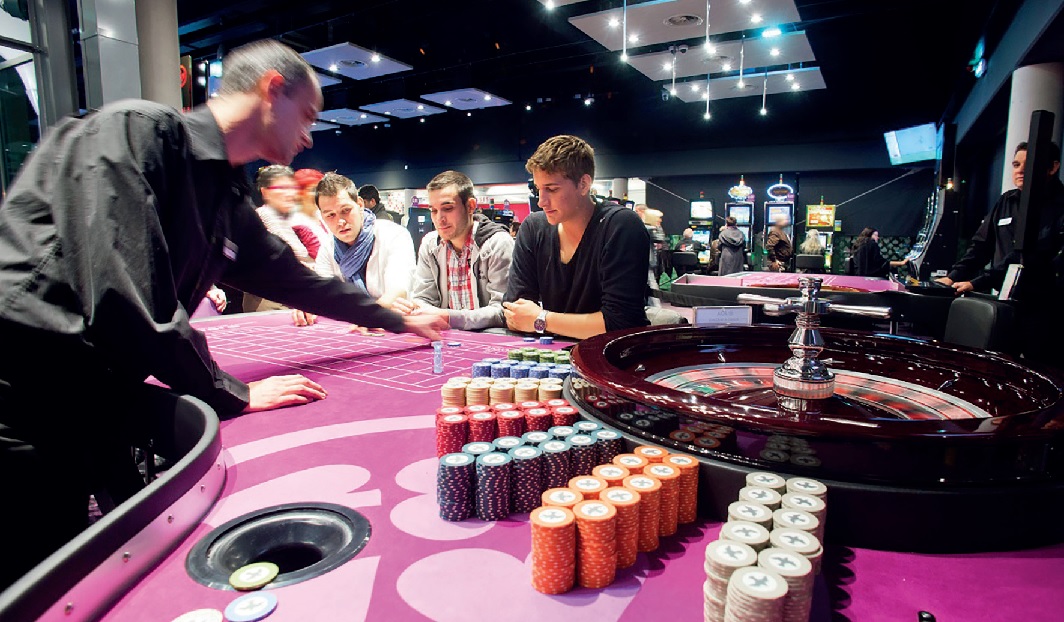
Following on from that point, you’ve commented in the past that you don’t think the casino industry always gets a fair judgement politically. What more do you think could be done to change this, and what changes would you like to see in the approach of government and mainstream media towards casinos?
For me, it’s not only the fault of the media or the politicians. The fault is operators who have not really been transparent and for the politician not being curious enough before judging. And that’s really important.
I was in Las Vegas and I had a chat with one of the top managers of MGM and he told me that the last trimester the cash flow generated by the operations was higher on non-gaming than on gaming. The casino industry is moving and it’s moving to a more leisure-type of positioning. It’s not a factory with slot machines side by side anymore. It’s becoming a key contributor of a leisure offering of the city. It’s still a big casino business but if you look at Vegas, B2B is becoming more important — which is also the case with us. By using the B2B business, by attracting some companies to launch their product, to hold some seminars in our meeting rooms, first of all we make some money. Second of all, which is for me as much important as the first point, we’ve pushed people to push the door of a casino and, by doing so, they discovered that the casino is not what they had in their minds. It’s the way we can contribute to change peoples’ minds on casinos.
What is your management style?
It’s quite basic. It’s 100 percent customer-oriented. I’ll give you two examples. We run in each casino two focus groups in each year to listen to customers. So in each of the 22 casinos, twice a year, we organize focus groups face-to-face to listen to what the customer has to say to us. It has to be done, twice a year, in 22 casinos, and we made some groups of people who are very loyal, of people who are 50 percent loyal to JOA and 50 percent loyal to our competitors, and then we made a group of people who are disappointed, perhaps because of their past experiences. And we listen to them. We challenge them on what type of product they’d like to see, what type of menu they’d like to have, what kind of music they’d like to have, what kind of opening hours they’d like to have — all of those questions are asked at least twice a year in every single casino.
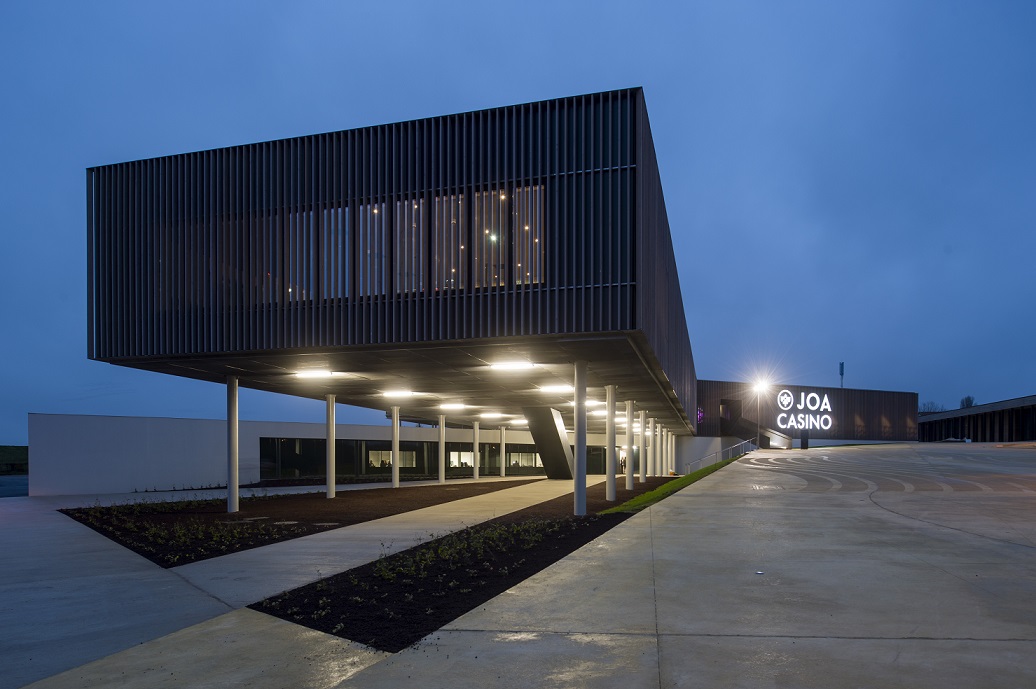
Casino JOA Lac du Der - crédit photo Guillaume Perret
The other point is, on a yearly basis, something which is called “I-Day” — Innovation Day at JOA. It’s made up of 1,700 employees who can connect all together to a digital platform and suggest ideas to better serve the customers. That’s a one-year event and it’s usually organized in the summer around June or July. So we plug everybody together and everybody can raise any idea with the objective to better serve the customers. At the end of each of those sessions, we have a long, long list of things that we can go through and try. Are they OK with the regulations? Are they OK with the strategy of the group? But we at least have a long list that we can go through and imagine how we can better serve the customer, how we can better serve the aim of the group. That’s basically our style of management. It’s 100 percent oriented to customers.
To give you an idea of answers that have been raised by those type of things, we are making money out of the restaurants in our casinos. We are making money out of the bars. But we are looking for a way to better turn our brick-and-mortar customers to the online, sports-betting customer. So one of the ideas provided by the Innovation Day was to design and put in place in our casinos some sports bars, where we can attract some of our younger customers, to watch the game and at the same time do some sports betting. That’s an example of an idea which came directly from the teams, because the team on the casino floor, they were pushed to recruit some online gamers. But they needed a tool to promote the offer and they all came and said, “Why don’t we design a JOA sports bar, with some big screens showing the events and the odds? And by doing so, it will be more easy for us to recruit some people to push them to play on the platform.” So we’ve been working on the totally new concept of the JOA sports bar, which is going to be named JOA Bar des Sports, next March.
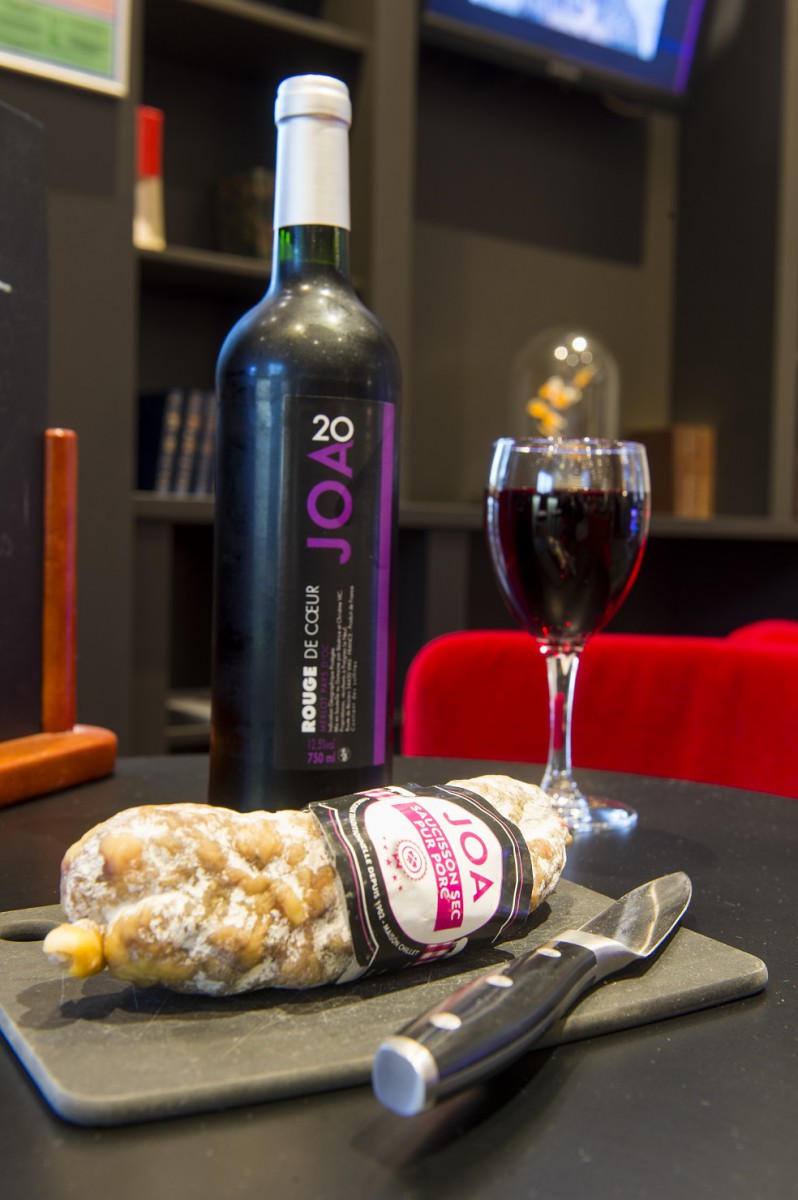
Do so you see more consolidation between operators and/or suppliers?
We’ve seen in the past some quite big consolidation on the supplier side. Frankly speaking, I’m thinking it’s about time for some of the operators to start consolidating as well. It’s quite surprising when you look at the European market. If you look at the European market, you have two or three big guys by country. But today, while we speak, there’s none of the European operators who clearly say that they could start building a pan-European story. You have Rank being in the U.K. and a little bit of Belgium and a little bit of Spain. You see Holland Casino, you see Austria Casino but none of them — none of ours, I should say — have clearly decided to say, “I’m going to grow a pan-European story.” If you look to the future, I really have the feeling that if we meet in ten years’ time, some of those groups, including JOA, would potentially be part of a pan-European story, because it’s too many today and I think there’s room to stop doing this. There’s no cooperation between U.K. operators and French operators. There’s no cooperation between French operators and Spanish operators. None between the French and Italian, none between the French and German. So there’s lots of room. Regulation is not an excuse. There are lots of businesses that are dealing their product on a worldwide situation and of course each different country has its specified regulations and issues, legal hours of working, local tax, national tax. The casino industry can work in different countries with different regulation. Depending on the country you’re going to be in, you’re going to be more pushy on one thing and less pushy on others, but it cannot be used anymore as an excuse for being on the Italian market or the Belgian market [only].
